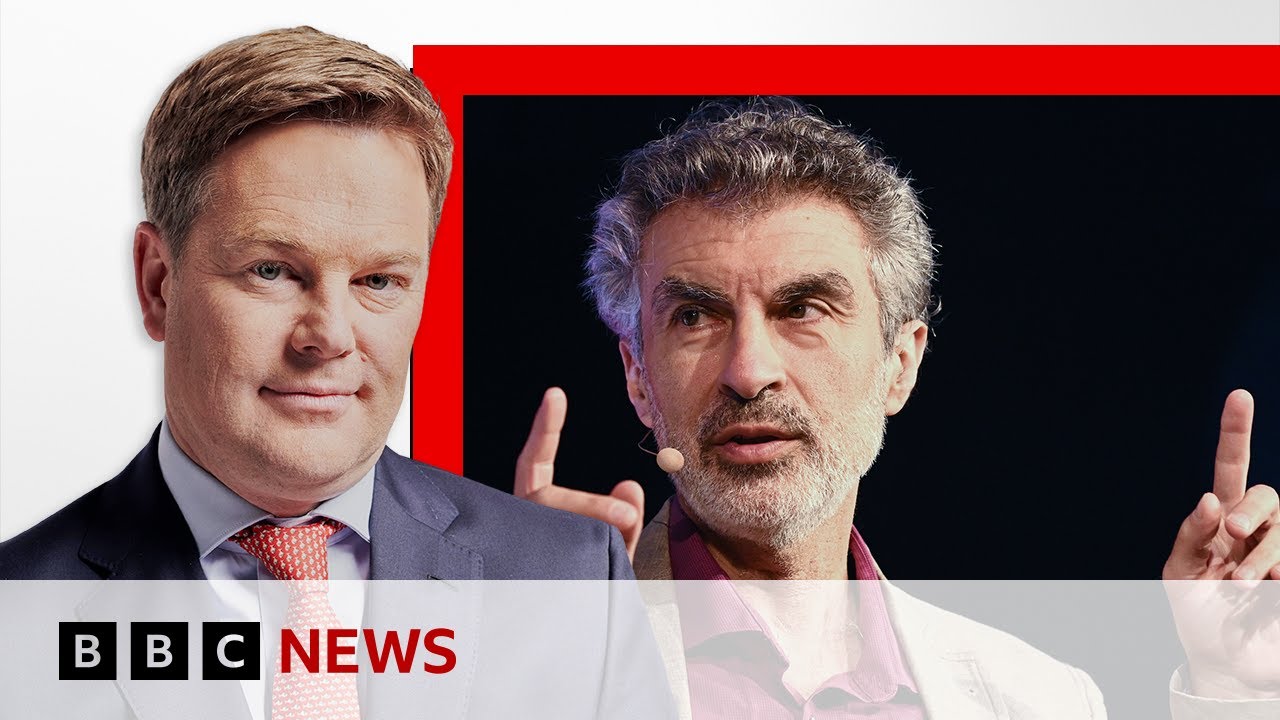The video discusses the escalating threat of disinformation driven by AI technology, with a focus on the potential dangers posed by AI bots in spreading false information. Professor Yoshua Bengio expresses concern over the misuse of AI systems for manipulation, emphasizing the need for AI creators, governments, and regulatory frameworks to address these threats effectively.
The discussion in the video revolves around the escalating threat of disinformation, particularly driven by AI technology, as highlighted by various interviews and reports. In the US, efforts to combat disinformation have faced challenges from different political factions, with researchers and scientists coming under attack for their work on uncovering and combating false narratives. The importance of distinguishing between freedom of speech and the spread of disinformation is emphasized, with a need for investment in research and government initiatives to address the issue.
The conversation shifts to the potential dangers posed by AI bots in the wrong hands, with the ability to synthesize content such as voices, images, videos, and texts. Professor Yoshua Bengio, a prominent figure in AI, expresses concern over the misuse of AI systems for spreading false information, citing instances where fake content impersonated him. The evolving capabilities of AI systems, especially in language mastery, raise alarms about their potential for persuasion and manipulation, particularly in the context of political disinformation and elections.
The responsibility of AI creators to tackle disinformation is highlighted, with a focus on the need for governments to understand and address these threats effectively. While progress has been made in recognizing the risks posed by advanced AI systems, more proactive measures are deemed necessary to safeguard against malicious actors manipulating AI technology for harmful purposes. Transparency and accountability in AI development are emphasized as crucial factors in mitigating risks and ensuring the responsible use of AI technology.
The debate extends to the regulation of AI models, including open-source models that can be accessed and potentially misused by unauthorized parties. The delicate balance between the benefits and risks of open-source models is discussed, with suggestions for regulatory frameworks that involve public and governmental oversight to evaluate the potential impacts of AI models. Questions arise about how to manage the distribution and fine-tuning of AI models to prevent misuse and protect against threats such as disinformation campaigns.
In conclusion, the discussion underscores the complex challenges posed by the rapid advancement of AI technology and its implications for combating disinformation. The need for collaborative efforts between researchers, policymakers, and tech companies is emphasized to address the evolving landscape of AI-driven threats effectively. Professor Bengio’s insights shed light on the critical considerations surrounding AI governance, transparency, and accountability in navigating the complex interplay between technology, security, and societal well-being.
